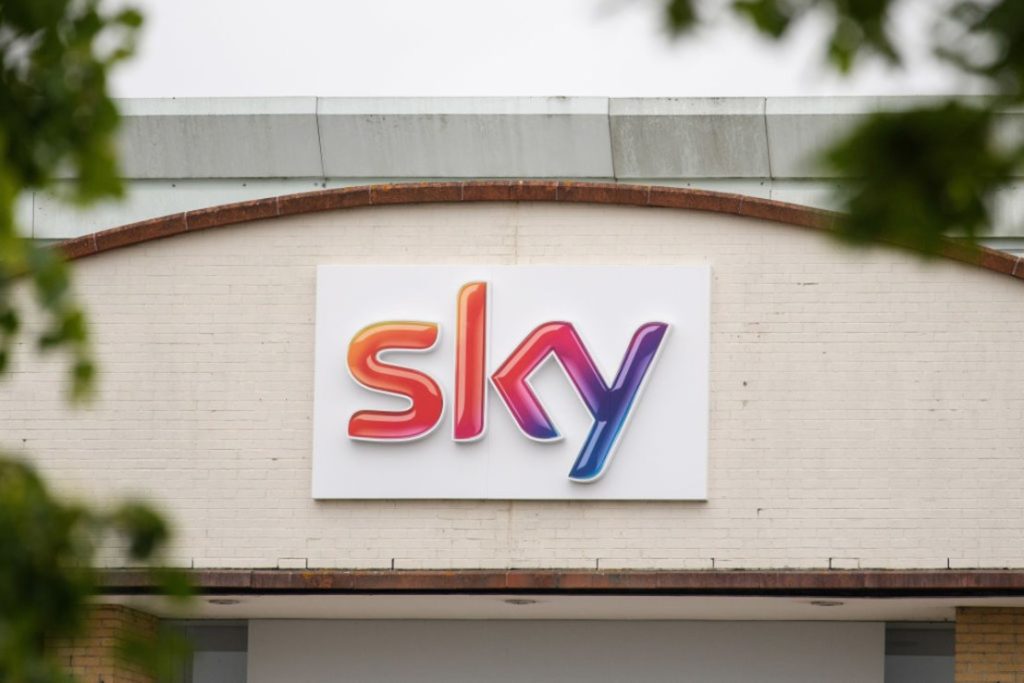In a significant move that highlights the ongoing shifts within the telecoms and media industry, Sky has announced a major restructuring of its call centre operations that could see around 2,000 jobs at risk. The decision forms part of the company’s broader strategy to evolve in response to changing customer preferences and the increasing digitization of services.
Sky’s Call Centre Overhaul
Sky, a subsidiary of the American media conglomerate Comcast, has revealed plans to close three of its call centre locations in Stockport, Sheffield, and central Leeds. This strategic consolidation affects some roles at sites in Dunfermline and Newcastle as well, cumulatively impacting approximately 7% of Sky’s entire workforce.
The decision is reflective of a broader industry trend where companies are increasingly transitioning towards digital customer service solutions. Sky has articulated that its clients demonstrate a growing preference for digital interactions over traditional phone communications, necessitating this pivot.
Sky’s New Direction: Embracing Digital
Sky’s spokesperson confirmed the company’s intention to « transform our business to deliver quicker, simpler and more digital customer service. » This direction includes the establishment of a « centre of excellence » at the Livingston site, symbolizing a multimillion-pound investment in enhancing digital and seamless customer service capabilities that are available around the clock.
The company aims to provide a « faster, smarter, and more responsive experience, » aligning its services with contemporary customer expectations through innovative technology investment. This restructuring follows a similar decision made in January when Sky reduced its workforce by approximately 1,000 roles, particularly in the area of satellite dish installations due to declining demand.
Context and Industry Implications
Sky’s announcement arrives amidst a period of economic uncertainty within the UK, characterized by widespread corporate restructuring efforts. It mirrors other significant job cuts within high-profile organizations, including British Steel and Morrisons, with each attributing layoffs to different market challenges but similarly facing the pressures of evolving industry landscapes and increased digital customer engagement.
British Steel, owned by China-based Jingye, declared its decision to reduce operations significantly due to untenable financial conditions and rising environmental costs, a situation compounded by its refusal of a £500 million state rescue proposal. Similarly, Morrisons’ recent announcement of closing 52 cafes and several convenience stores adds to the narrative of adaptation across sectors.
These developments underscore a pivotal moment where industries are compelled to reevaluate their operational models in response to digital transformation and changing consumer behavior patterns. As businesses seek to remain competitive, the emphasis on digital engagement is becoming a cornerstone of strategic planning, as illustrated by Sky’s decisive shift towards enhancing its online customer service platform.
For Sky, this moment marks not only a significant operational transformation but also a statement of intent: to lead in the digitalization of media and telecommunications services in a way that future-proofs customer interactions and maintains the firm’s leadership position in a rapidly evolving market.
